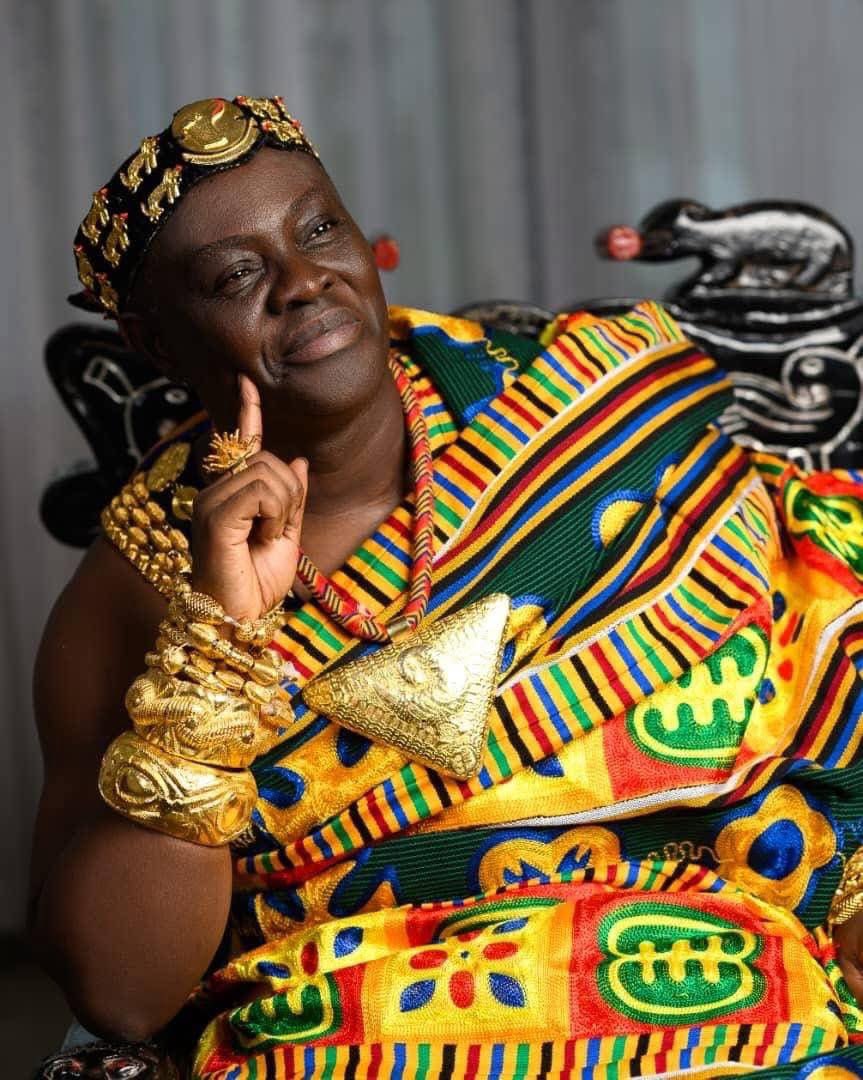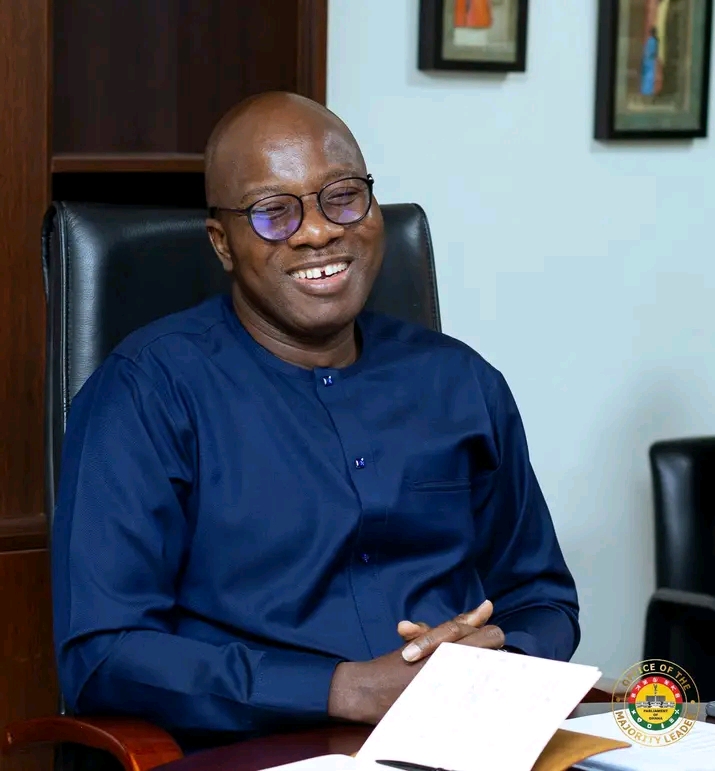Credit Kekeli K. Blamey
The issue of film piracy in Ghana has once again sparked serious concern among filmmakers, with many expressing frustration over the persistent unauthorized airing of their work — particularly new releases — by local television stations.
Renowned film producer and director Shirley Frimpong-Manso has joined the growing chorus of voices condemning this illegal practice.
In a passionate interview with the media, she described the unauthorized broadcasting of films as not only a violation of the law but a deeply personal affront to the creators who pour their hearts and resources into their craft.
“This issue hurts more than anything else,” she said. “I have a personal stance — I don’t watch pirated content. People often share links and ask if I’ve seen certain films, and I always say no. I never use those links because I know exactly how painful it is to invest so much and then see your work stolen.”
Frimpong-Manso, celebrated for her contributions to Ghanaian cinema, highlighted the enormous effort and sacrifice behind every production. She detailed the emotional and financial toll that filmmakers endure — from coordinating large teams to covering daily expenses on set.
“Filmmaking is an intense process,” she explained. “You have to manage crews of 30 to 40 people every day. Feeding them breakfast, lunch, sometimes dinner — even for a 5- or 10-day shoot — it’s a major financial commitment. The logistics, the pressure, the emotions… it’s all-consuming.”
For her, the most painful aspect is how easily that hard work is dismissed when films are aired without permission. She called for urgent accountability and criticized the apparent inaction by authorities, despite existing intellectual property laws.
“I don’t understand why we know who the culprits are, yet they continue to operate unchecked,” she said. “We can’t keep issuing warnings — this is a criminal act, and there is clear evidence. We need to stop enabling this.”
Frimpong-Manso’s appeal reflects the broader concerns of Ghana’s creative community, which continues to advocate for stricter enforcement of copyright laws, public education on intellectual property rights, and greater respect for the tireless efforts of local filmmakers.







